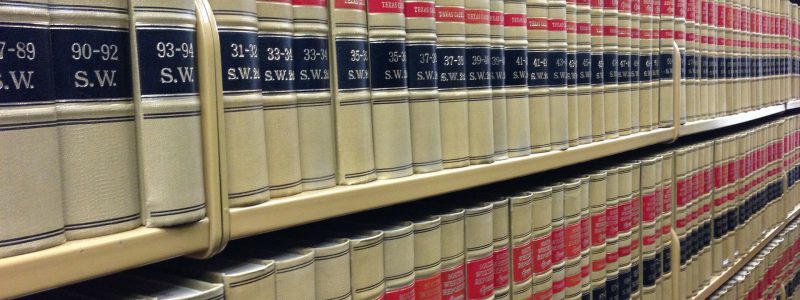
Some Legal Principles Explained
In my last blog (see https://www.willclaim.com/blog/ ) SOME LEGAL PRINCIPLES FOR THE LEGAL BUFFS IN RELATION TO NO WIN NO FEE WILL DISPUTE CLAIM
I promised to provide a layman’s explanation – well here goes!
In relation to a Will dispute or Will contest claim, the questions concerning the legal validity of a will usually turn on the following questions:
1. Was it signed by the person making the Will in front of two witnesses who also signed (http://www.legislation.gov.uk/ukpga/Will4and1Vict/7/26/section/9).
2. Did the person making the Will have sufficient mental capacity to do so (https://www.thegazette.co.uk/all-notices/content/100844).
3. Did the person making the Will know and approve its contents
4. Was the person who made the Will subjected to pressure which overcame their own wishes
In Rita Rea v Remo Rea and others, 13 September 2019 EWHC 2434 (Ch)(see https://www.casemine.com/judgement/uk/5d89b6242c94e010e80af8f4) the person contesting the legal validity of the Will (Rita Rea) appears to have conceded, but late in the day, that she did not want to pursue her case the deceased didn’t have sufficient mental capacity at the time the Will was made (called “legal testamentary capacity”). This is invariably difficult to prove if a Solicitor has prepared the Will and arranged for its signing, which is probably what occurred here. She opted to rely on two slightly broader questions which were:
A. Did the deceased know and approve the contents of the Will – in other words did he or she actually know and understand what the Will said?
B. Was the deceased subjected to undue influence either directly (by overt pressure) or indirectly, by the individual who stood to benefit from the Will change, maligning the character of another potential beneficiary – which is a species of undue influence called “fraudulent calumny”.
What this seems to reveal was a likely weakness in the overall claim and moreover a lack of direct evidence. These seem then to have been in effect hopeful punts against a backdrop of very little cogent (strong – and by that I mean independent) evidence. These matters are really only raised where there are significant suspicions about what was happening at the time in the context of the person making the Will possibly not using Solicitors at all and where there is evidence of substantial vulnerability in his or her medical records. If these matters come to light in a case of this nature, the burden of proof can be reversed and the person or persons who claim the problematic Will to be valid, have to provide the evidence to do so. This makes the claim against the Will much easier to win.
Claim A above, knowledge and approval, is hopeful at best when a Solicitor has drafted and arranged the execution of a Will. In fact, this was specifically referred to by Deputy Master Arkrush who handed down the Judgment when he says:
61. However, in Gill v Woodall, Lord Neuberger approved a one stage or holistic approach, in which the court should
62. “consider all the relevant evidence available and then, drawing such inferences as it can from the totality of that material, it has to come to a conclusion whether or not those propounding the will have discharged the burden of establishing that the testatrix knew and approved the contents of the document which is put forward as a valid testamentary disposition. The fact that the testatrix read the document, and the fact that she executed it, must be given the full weight apposite in the circumstances, but in law those facts are not conclusive, nor do they raise a presumption.” [21]
63. I respectfully adopt that approach.
Undue influence and fraudulent calumny is even harder to prove, as although it is supposed to have the same standard of proof as say a claim the person making the Will lacked sufficient mental capacity, in reality the courts will demand very compelling evidence of what is almost criminal activity, of which, it is almost impossible to provide. The main witness (the deceased) is dead, the Claimant is unlikely to have directly witnessed anything and anyone else benefiting from the contested Will is unlikely to confess.
iii) The burden of proving it lies on the person who asserts it. It is not enough to prove that the facts are consistent with the hypothesis of undue influence. What must be shown is that the facts are inconsistent with any other hypothesis. In the modern law this is, perhaps, no more than a reminder of the high burden of proving, even on the civil standard, that a claimant bears in proving undue influence as vitiating a testamentary disposition;
If you consider that any of these facts and matters are likely to apply to you, or you would like to ask us for more information about our no win no fee arrangement, or you simply want us to assess your claim, then please do not hesitate to contact us for a confidential no strings chat.